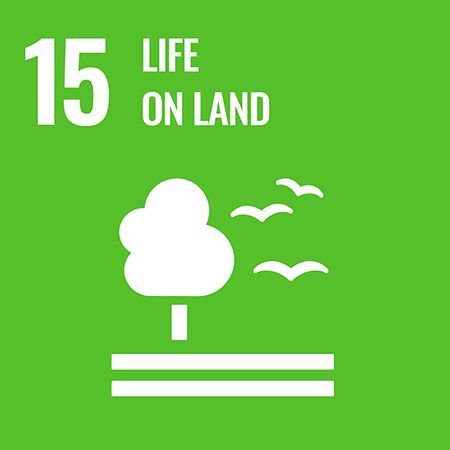Developing Intercropping for agrifood Value chains and Ecosystem Services delivery in Europe and Southern countries.
Abstract
IntercropValueES aims to exploit benefits of intercropping to design and manage productive, diversified, resilient, profitable, environmentally friendly cropping systems acceptable to farmers and actors in the agri-food chain. It will develop both a scientific research action for better understanding and modelling intimate intercrop functioning and a detailed analysis of lock-ins and levers at the value chain level to identify credible solutions that can be adopted by farmers and value chain actors. As a multi-disciplinary and multi-actor project, it brings together scientists and local actors representing food value chain. It includes 27 participants from 15 countries (3 continents) from a wide diversity of organizations and stakeholders. IntercropValuES organizes its activities in 6 objectives, to: 1) support the design of locally relevant, legitimate and innovative agri-food chains, through 13 Co-Innovation Case Studies; 2) understand the functioning and G*G*E*M interactions allowing the selection of compatible ideotypes and the optimization of machinery and management strategies for maximizing the productivity and delivery of ecosystem services with better soil health and mitigation of GHG (meta experiment 15 sites); 3) produce novel information, improved methods and tools for intercrop management and the assessment of their performance and profitability; 4) unravel intercropping performance by modelling; 5) analyze grain and sanitary quality of cereal-legume intercrops, functional qualities for food processing and new products, 6) uncover key barriers and levers at the value chain level to boost development, and identify new market avenues and solutions to increase economic added-value of intercrops. The Comms and Dissemination Plan is designed to diffuse outcomes widely by adapted channels to different end-users, such as farmers, advisors, food processing companies and machinery industries, retailers and citizens, academia, policymakers and influence bodies.
Intercropping agrifood chain biodiversity soil health food quality intercrop models field experiment multi-actor
Publikationen
Mitarbeiter*Innen
Josef Eitzinger
Univ.Prof. Dipl.-Ing. Dr.nat.techn. Josef Eitzinger
josef.eitzinger@boku.ac.at
Tel: +43 1 47654-81422
BOKU Project Leader
01.11.2022 - 31.10.2026
Sabina Thaler
Mag. Mag. Dr. Sabina Thaler
sabina.thaler@boku.ac.at
Tel: +43 1 47654-81420
Project Staff
01.11.2022 - 31.10.2026
Jürgen Kurt Friedel
Ao.Univ.Prof. Dipl.-Ing. Dr. Jürgen Kurt Friedel
juergen.friedel@boku.ac.at
Tel: +43 1 47654-93317
Sub Projectleader
01.11.2022 - 23.10.2023
Henry Jäger
Univ.Prof. Dr.Ing. Henry Jäger
henry.jaeger@boku.ac.at
Tel: +43 1 47654-75233
Sub Projectleader
01.11.2022 - 23.10.2023
Aliyeh Salehi
Aliyeh Salehi MSc. Ph.D.
aliyeh.salehi@boku.ac.at
Tel: +43 1 47654-93326
Project Staff
01.11.2022 - 23.10.2023


